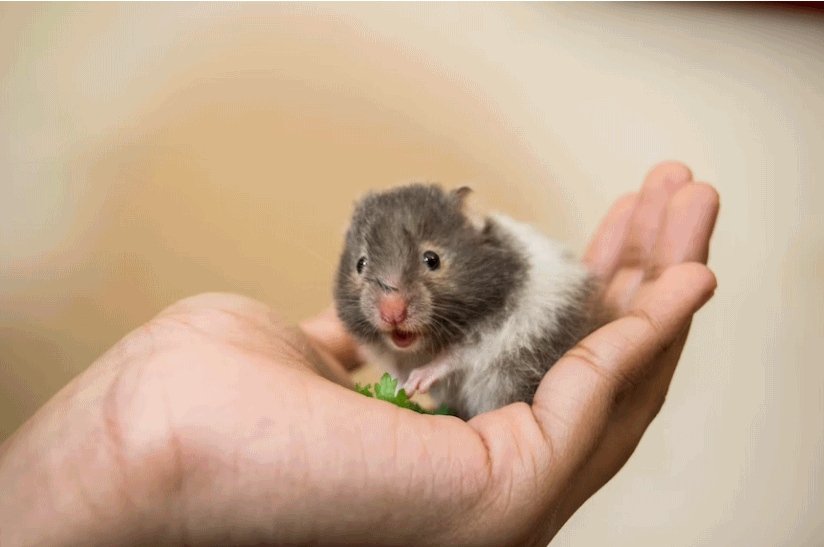For many, there’s no pet better than a hamster. After all, unlike cats and dogs, they don’t need too much attention. They also get sufficient exercise by themselves on their wheels and are pleasant to hold. However, that doesn’t necessarily mean that they don’t require any care. These stocky, small rodents still need to be properly cared for and provided with the appropriate veterinary treatment.
Hamsters usually have an average lifespan of one to two years. But with the right amount of love, attention, and care, they can live past five. With that in mind, let’s cover some of the things you must know to take good care of your hamster.
Provide the hamster with adequate housing
Because most of their time will likely be spent inside their housing, it needs to be done right. It should be a fifteen to twenty-gallon cage with a floor space of around hundred and fifty square inches at a minimum, although having more space is always a good thing. Plastic habitats, wire cages, and aquariums are viable housing types so long as they offer an escape-proof and safe home for your tiny friend.
It also needs to be well-ventilated for fresh air to flow in; it will prevent the odor of spoiled food, fecal matter, and urine from building up. Moreover, hamsters should be housed individually, as they can be incredibly territorial.

Handle them carefully
Interacting with hamsters can be a tricky affair, as they’re nocturnal and can be scared easily. They also don’t have good vision, so it’s generally encouraged to begin by talking to them first before you pick them up. If poorly socialized or frightened, hamsters can nip. They may even bite if they’re startled or handled roughly. The two-handed cupping technique often works when it comes to holding them.
Once you’ve grown accustomed to their proper handling, you can begin to look up guides to answer your question, what tricks can you teach your hamster? Offer them small but high-value treats to tame them and encourage more positive behavior. Doing so will make them more affectionate with you.
Give them a good diet
The diet of your hamster can impact its health in more ways than one. They generally do well on blocks, pellets, and diets that contain around sixteen percent of protein. It’s best to work with a veterinarian to identify the products and caloric requirements of your hamster. Hamsters can also be supplemented or augmented with vegetables and fruits, such as carrots, apples, cucumbers, raisins, greens, peas, and peppers. However, they shouldn’t be a dietary mainstay, or it could cause them some problems later on.
Conclusion
Nothing embodies the statement that big things come in small packages more than hamsters do, which is why so many people enjoy having them as pets. However, there’s a common misconception that hamsters don’t require any work apart from being fed, and nothing could be further from the truth. In reality, it requires more work than it’s given credit for, but by following the abovementioned tips, you’ll be able to take excellent care of your hamster.






